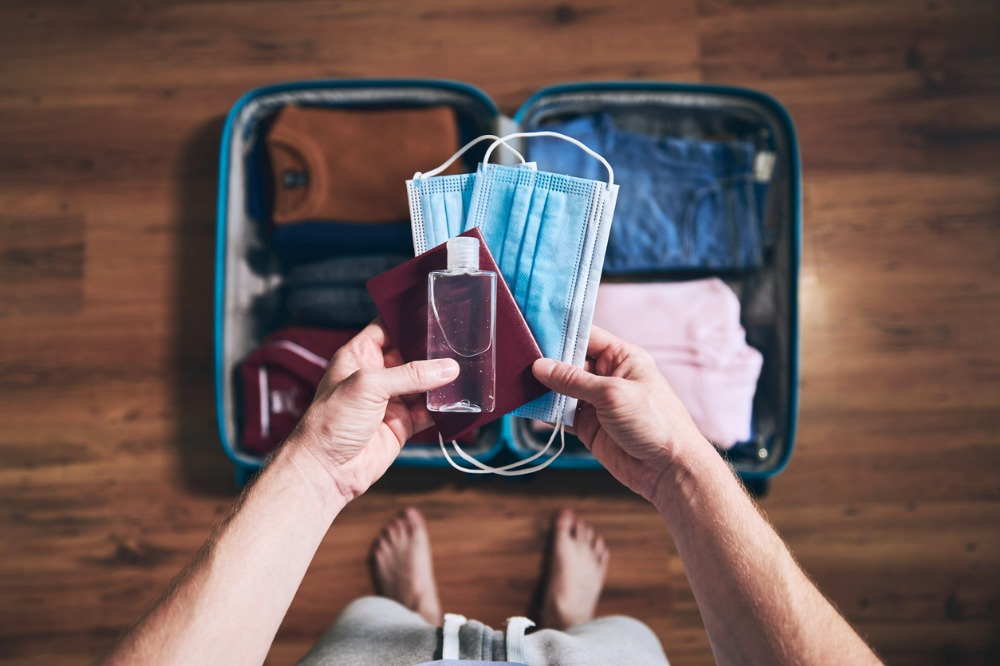Canadian flyers and would-be-vacationers urged to ask questions about medical and travel coverage

As a new government advisory urging against non-essential travel scrambles Canadians’ holiday plans, insurers and other members of the industry are offering guidance for consumers seeking protection from their travel insurance policies.
Following the federal government’s December 15 announcement advising Canadians to avoid non-essential travel outside the country due to the new Omicron variant of COVID, the Canadian Life and Health Insurance Association (CLHIA) released a statement explaining how it could affect consumers’ trip cancellation and travel medical coverage.
With respect to trip cancellation, the CLHIA said most trip cancellation insurance policies include a travel advisory clause, which may allow a refund for eligible expenses for any reason once a federal risk advisory to “Avoid non-essential travel” or “Avoid all travel” is issued for a destination. New trip cancellation/insurance policies, it added, are unlikely to be issued for destinations with an active Level 3 advisory.
Because travel medical insurance benefits may be limited for destinations subject to a Level 3: Avoid non-essential travel advisory, the CLHIA urged travelers currently at such destinations to make arrangements to return to Canada. Those who must travel outside Canada, the association said, must ask their insurers key questions, including whether their travel medical insurance includes health coverage for their destination, treatment related to COVID-19 outside Canada, and has sufficient coverage to cover COVID-19 treatment in a foreign hospital.
“You may be expected to cover any expenses above what is covered by your insurance as well as additional living expenses if your travel is impacted,” the CLHIA said.
In a separate statement following the new federal advisory, Manulife said customers who bought a Manulife Travel Insurance Plan that includes emergency medical benefits and departed for their trip between October 21 and December 16, 2021, their existing COVID-19 coverage will be in place for the duration of the trip. Those that departed after won’t have their COVID-19 medical expenses and quarantine benefits covered unless they purchase the more extensive Manulife COVID-19 Pandemic Travel Plan.
“If a customer is departing on their trip on or after December 22, 2021, they will need to purchase the Manulife COVID-19 Pandemic Travel Plan prior to departure in order to be covered for COVID-19 medical expenses and quarantine benefits,” the insurer said.
Coverage options, as well as the announcements governing them, will differ across insurance companies, which is why travel insurance brokers are urging Canadian flyers to be extra cautious.
“Some insurers, I will warn you right now, have suggested that if you’re purchasing a policy after the advisory’s been put in place, which is Dec. 15, that you will not be covered for COVID and you need to either purchase a rider, a pandemic plan rider, or nothing is available period,” Travel Secure president Martin Firestone said in a report by CTV News.
“[T]he last thing you want to do is go away, get COVID and then call your government and say, ‘Please help me. I need help.’ And then you know what they’re going to tell you, because they told you not to go,” he said.



